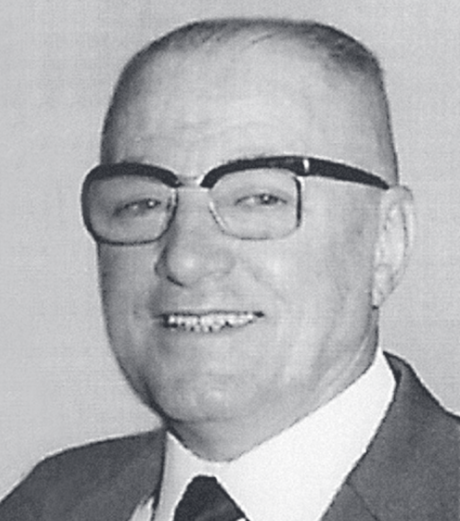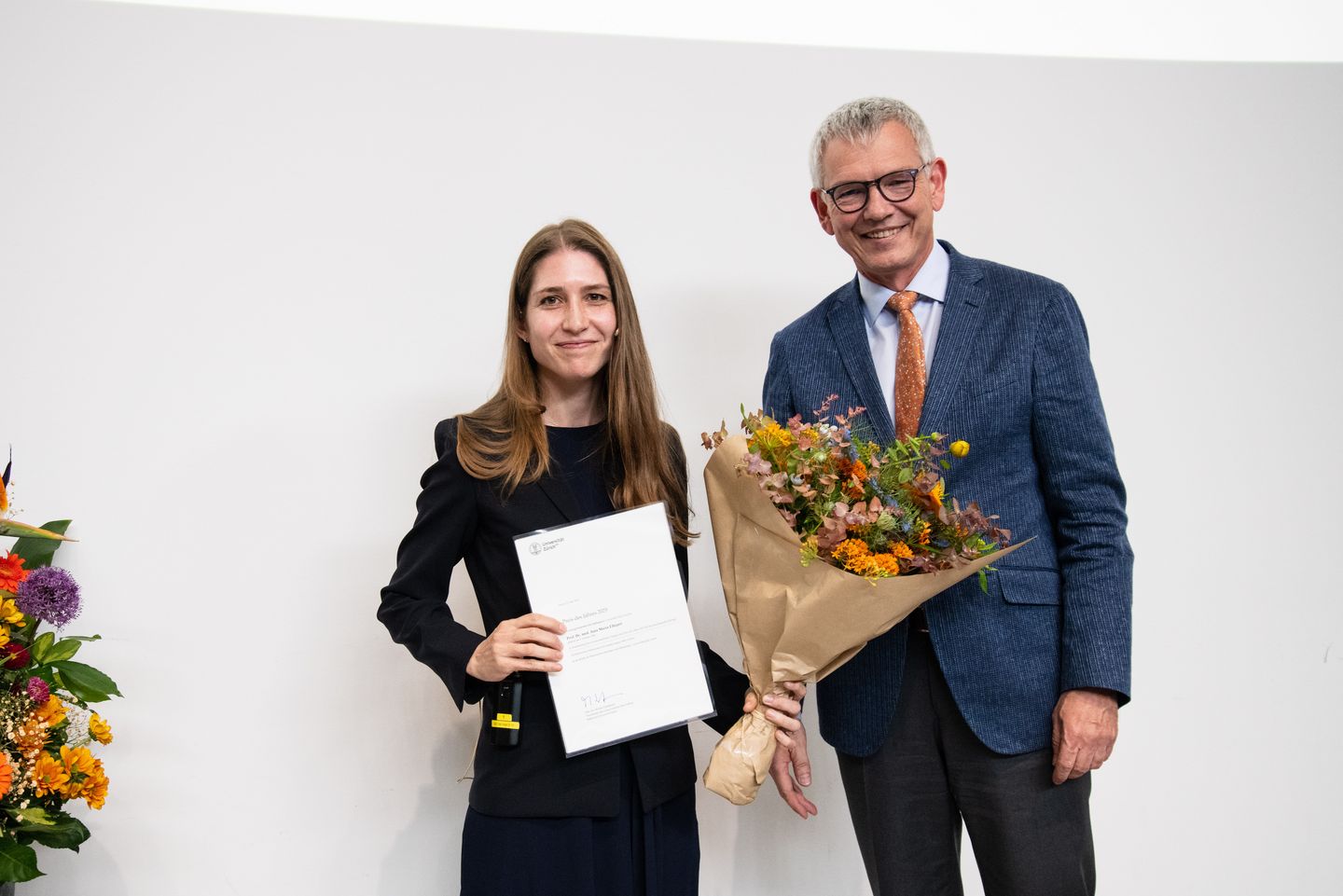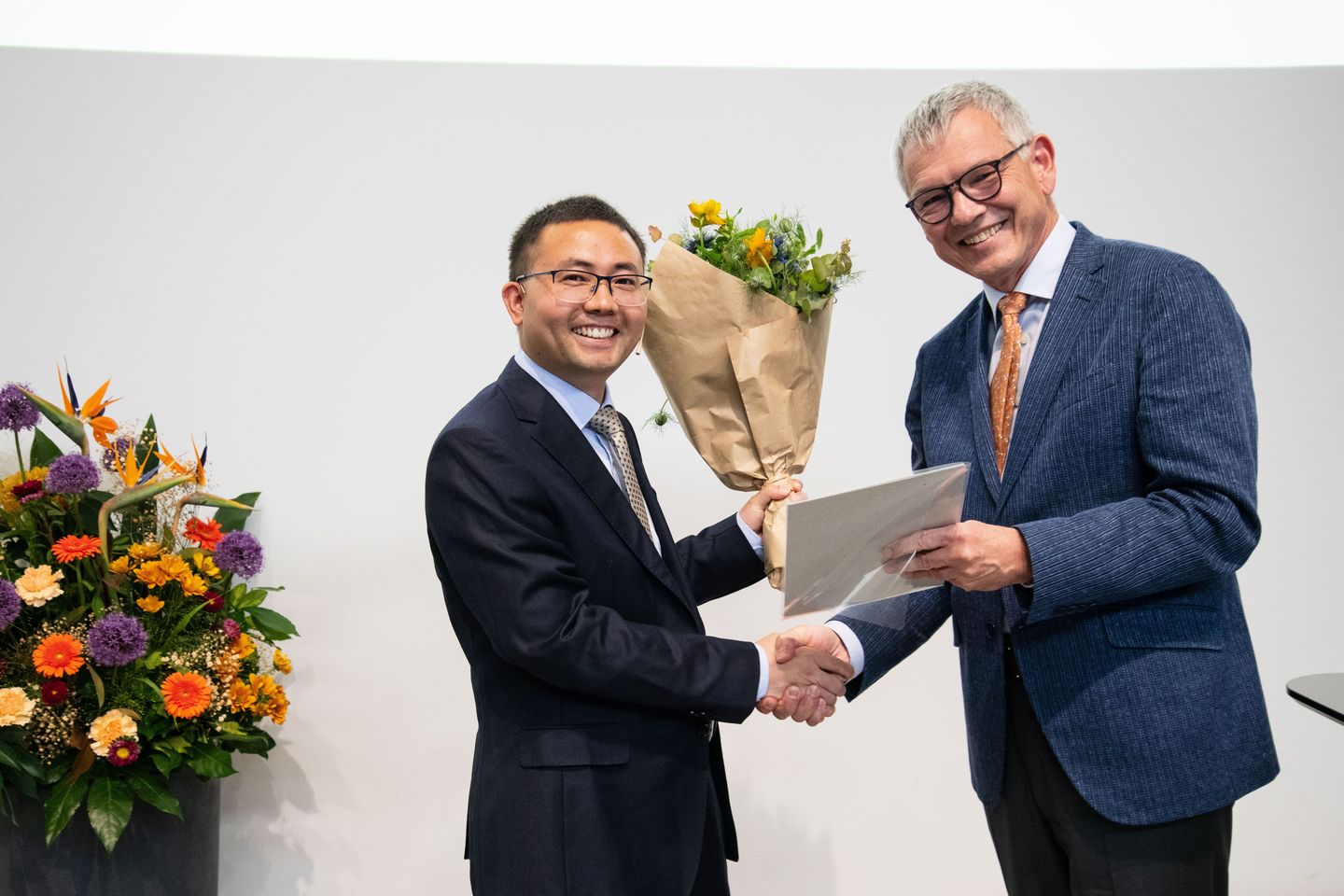The Georg Friedrich Götz Award is presented annually to two researchers who are habilitated at the University of Zurich and can demonstrate outstanding, internationally recognized achievements in the area of basic or clinical research. The award comes with total prize money of CHF 30,000.
The Georg Friedrich Götz Foundation is run as part of the Faculty of Medicine at the University of Zurich (UZH) and is presented annually to two researchers who are habilitated at the University of Zurich and can demonstrate outstanding, internationally recognized achievements in the area of basic or clinical research. And this with a long-standing tradition: Since 1969, the annual Georg Friedrich Götz Award has been awarded to more than 100 researchers in recognition of their work. Since 2019, the UZH Foundation has been in charge of the foundation’s business operations.
The foundation’s founder Georg Friedrich Götz was a successful German entrepreneur, who moved to Switzerland in 1960. He had to travel to Zurich several times for operations, including for lung cancer and for bowel disease. In gratitude for the care he received, he started a foundation at the University of Zurich in 1964 which each year awards a prize for progress in medicine.

The Georg Friedrich Götz-Prize is presented annually to two researchers who are habilitated at the University of Zurich and can demonstrate outstanding, internationally recognized achievements in the area of basic or clinical research. The award comes with total prize money of CHF 30,000.
The jury comprises the following members:
The advisory board is made up of the following members:


More than half of all patients with acute myeloid leukemia (AML) still cannot be cured, and to date, patients with AML have not been able to benefit from conventional immunotherapy.
Jana Ellegast and her team proposed that leukemia cells—essentially, misguided immune cells—utilize cell-intrinsic immune signaling pathways for survival. Therefore, targeting and perturbing these pathways could serve as a form of cell-intrinsic, self-directed immunotherapy.
Through genome-wide screenings, the team identified the immunomodulator interferon regulatory factor 2 binding protein 2 (IRF2BP2) as a critical dependency in AML. The researchers found that IRF2BP2 suppresses the IL-1ß/TNFα signaling pathway. When IRF2BP2 is acutely lost or its gene is knocked out, an excessive inflammatory response is triggered in leukemia cells, ultimately leading to their death.
The study uncovered a previously unknown Achilles’ heel of AML cells, established excessive cell-intrinsic inflammation as a mechanism to induce leukemia cell death, and demonstrated that IRF2BP2-mediated transcriptional repression is a survival strategy for these cells. These findings open new avenues for therapies specifically targeting AML.


Unbiased genetic screening is a foundational technique greatly advanced by CRISPR technology. While current CRISPR screens utilize pooled guide RNA libraries with limited applicability to selectable phenotypes, arrayed CRISPR libraries significantly expand the scope of CRISPR screens. However, generating arrayed CRISPR libraries is challenging, and their availability is limited. In the past years, Dr. Jiang-An Yin has invented a liquid-phase high-throughput plasmid cloning method and constructed arrayed libraries for the genome-wide ablation (19,936 plasmids) of human protein-coding genes and for their activation and epigenetic silencing (22,442 plasmids). Each plasmid encodes an array of four non-overlapping guide RNAs designed to accommodate most human DNA polymorphisms. The studies have demonstrated that the new libraries surpass existing resources in both superiority and versatility across various systems including induced pluripotent stem cells and organoids. Focusing on neurodegenerative diseases and addressing the challenges posed by the limited success of clinical trials targeting disease-associated genes or their products, the CRISPR tool paves a new path for the research. Dr. Yin has identified numerous novel and potentially druggable genes regulating the pathology of Parkinson’s and Prion diseases.
Over 100 prizes have already been awarded since the foundation was established. An overview of all previous winners of the Goetz Prize can be downloaded here:
